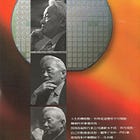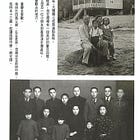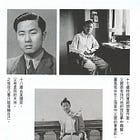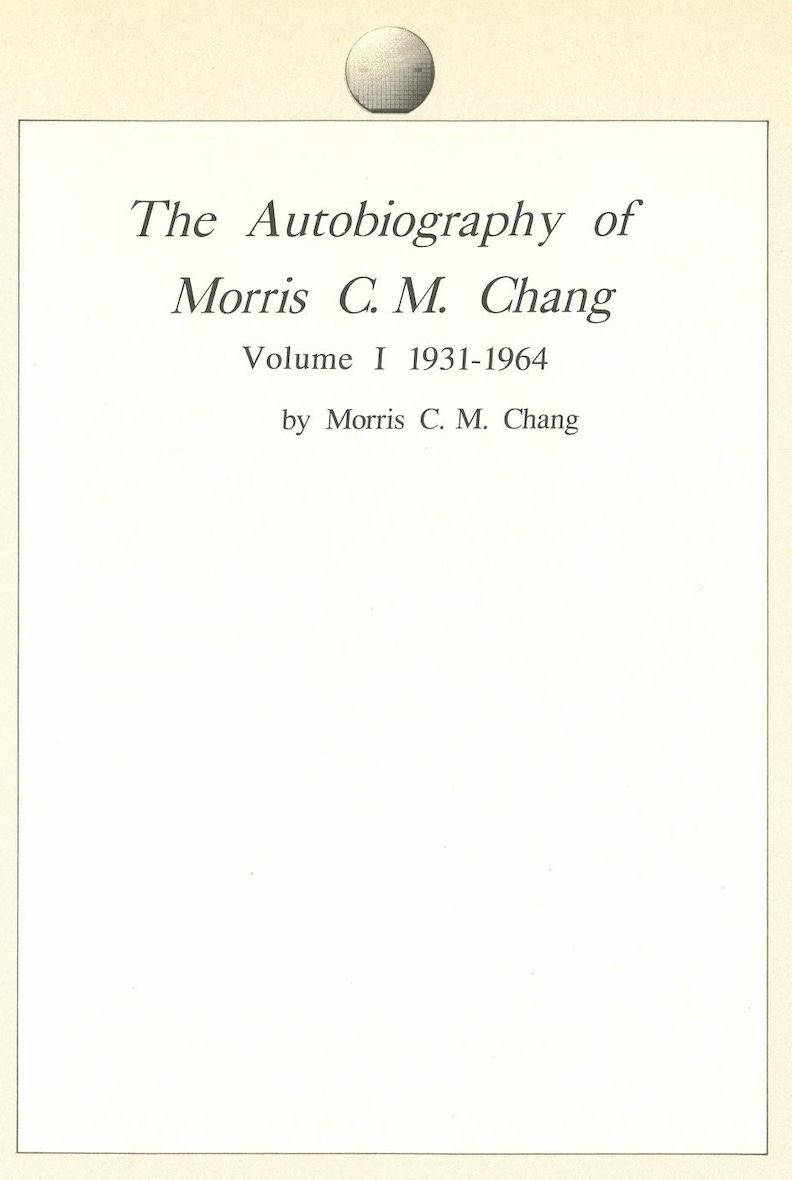How Failing at MIT Shaped the Father of Semiconductors
An English Translation of Morris Chang's Autobiography Vol 1 Ch 2 (Part 3) originally published in 1998
Note: This is an unofficial, non-commercial translation of Morris Chang’s memoir, shared for educational and entertainment purposes only. Full disclaimer below.
A special thanks to my friend David Oks, who first shared Morris Chang’s memoir, originally published in Mandarin in 1998 becoming a national bestseller in Taiwan selling ~200k copies. Despite its historical significance, no English translation had ever been published. David’s curiosity and eye for overlooked stories set this project in motion.
For continuity and context, readers are encouraged to refer to the previous installments of this series:
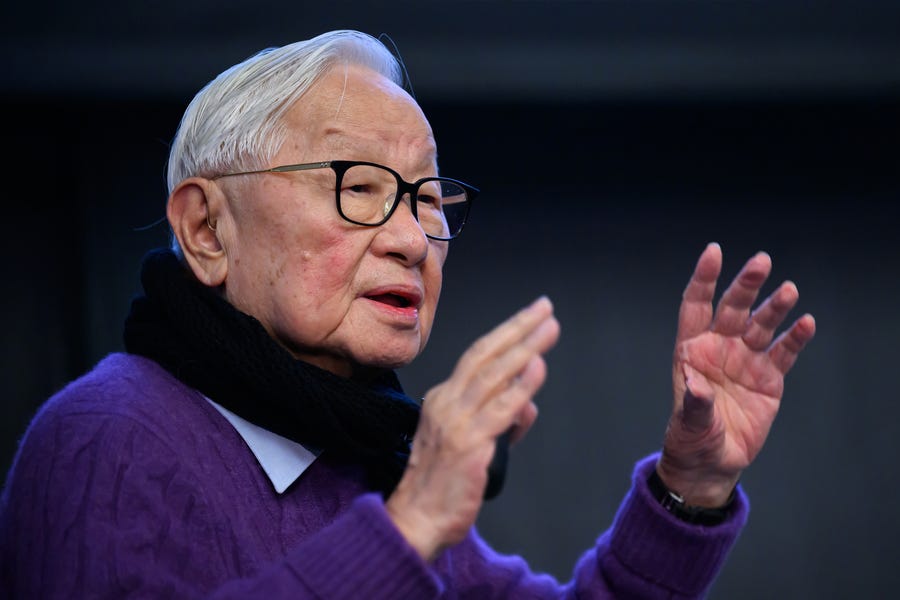
Failing my doctoral exam
I received my bachelor’s degree in Mechanical Engineering in September 1952, and my master’s in September 1953. Three months before the master’s degree, I got married. My wife was also a Chinese student from Shanghai. We had known each other for two years.
At that time, most Chinese students in the U.S. strove for the ultimate credential—the doctorate. This was shaped by circumstance. Opportunities for Chinese in American politics, finance, law, or management were scarce and hard to break into. Teaching or research in technology offered a plausible career path. In academia or research, the doctorate was paramount. A few exceptions existed: classmates from wealthy families in Hong Kong returned to join family businesses after earning bachelor’s or master’s degrees. But these were rare.
Like most Chinese students abroad, I intended to continue to a doctorate. Beyond good grades, this required passing a qualifying exam given once a year, with about a 40% pass rate. You could try again if you failed the first time. Fail twice, and that was the end of your doctoral pursuit.
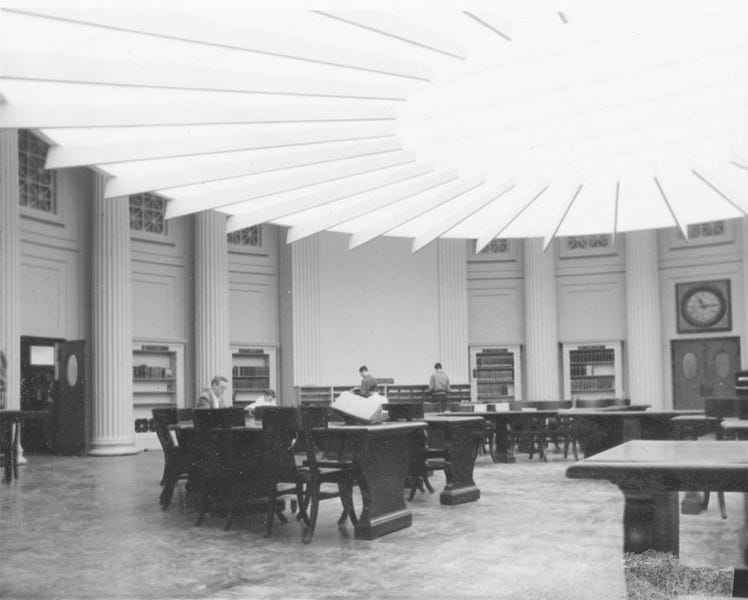
My grades were fine, so only the exam stood between me and the doctorate.
After graduating with my master's degree in September 1953, I took the doctoral qualifying exam in February 1954 but failed!
I saw this merely as a setback, not a catastrophe. I continued taking the required doctoral courses, spending much time discussing possible dissertation topics with several professors. Eventually, I chose “automatic control,” as it involved substantial mathematics and aligned more closely with my interests. I worked as a research assistant and studied hard, confident I would pass the next time.
In February 1955, I took the exam again with renewed confidence. A few days later, results were posted—and once again, my name was missing from the list!
This was the greatest blow of my life. Staring at the list, seeing no trace of my name, my self-esteem and self-confidence evaporated in an instant. Suddenly, my decade-long academic journey was derailed. I had not the faintest idea of what to do next. How would I explain this to my parents and my newlywed wife?
Years later, I came to view failing the MIT doctoral exam as the greatest fortune of my life! Had I passed, I would have pursued a doctorate in mechanical engineering. What would I have done then? Upon graduation, I likely would have embarked on a career in academic research or industry R&D. In short, it would have been an academic and research path. Given my mediocre interest in mechanical engineering, I would not have gone far on that path.
I certainly would not have entered the semiconductor industry, as that industry had no use for mechanical PhDs at that time. Nor would I have ventured into corporate management. My life would have taken a wholly different course, and I would not be writing "The Autobiography of Morris Chang" today.
Forging my own path with my head held high
But that insight only came many years later. At the time, the shock left me sleepless and unable to eat for days. After a week, I began to regain my composure and pondered my future. I saw two paths: I could transfer to another university’s doctoral program. Given MIT’s stature, that would have been easy. But I quickly dismissed that idea.
Since my interest in mechanical engineering was only middling, why did I insist on pursuing a doctorate? Although Chinese people believed that their prospects in the U.S. lay only in academia and research, who said I could not be a pioneer and forge a different path? After dismissing the idea of transferring schools to pursue a doctorate, the only choice left for me was: to find a job.
The student life that began in my childhood came to an end. When I left MIT, I never imagined that six years later, I would pick up my books again and, under very favorable circumstances, realize my doctoral dream on the other side of America. I bid farewell to MIT with a heavy heart.
This solemn institution, built of limestone, standing majestically on the banks of the Charles River! I had great respect for her but only five parts love. In her classrooms, laboratories, libraries, and dormitories, I had invested five years of my youth. She gave me the capital to find employment, but when I asked for the highest degree she could offer, she withdrew her hand and was done with me.
Let her keep her doctoral degree, her books, her laboratories. I have a long road ahead; let me hold my head high and forge my own path.
Without a doctoral degree, as a young inexperienced engineer, a Chinese person in the U.S. in the 1950s, I was going to carve out my own piece of the world.

Disclaimer:
This is an unofficial translation of the memoir of Morris Chang. It is a non-commercial, unaffiliated work intended solely for educational and entertainment purposes.
All rights to the original text and its contents are fully retained by the original author and copyright holders. This translation has not been authorized, approved, or endorsed by Morris Chang, his representatives, or any affiliated publishers.
This content should not be relied upon for scholarly or commercial use, and no part of this translation may be reproduced, redistributed, or sold. If you are the copyright holder and have any concerns, please contact me directly.




